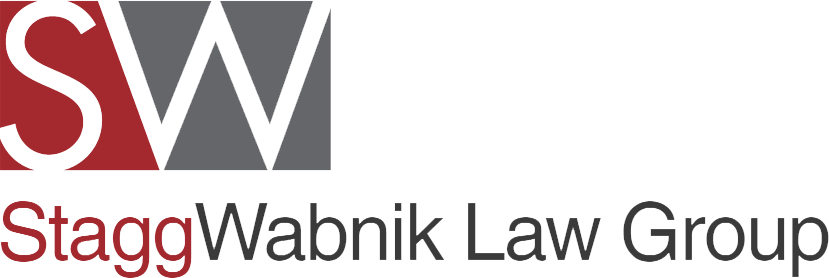Bridging the Gap: Legal Strategies for Combating Pay Disparity in the Workplace
- Stagg Wabnik
- Feb 26, 2024
- 3 min read

In an era where equality and fairness are at the forefront of societal values, businesses must diligently ensure that their practices reflect these ideals. Pay disparity is a pressing issue that has garnered significant attention, necessitating employers to take proactive steps in addressing any discrepancies in employee compensation. For businesses operating in New York City, a nuanced understanding of local laws and regulations pertaining to pay equity is essential. This post aims to guide employers through the legal landscape of pay disparity, offering strategic insights to foster a just and equitable workplace.
Understanding the Legal Framework
Ensuring legal compliance is multifaceted beyond mere adherence to laws and regulations. It involves cultivating a workplace environment where equitable practices are ingrained in the organizational culture, promoting a sense of fairness and respect among all employees. Employers must be diligent in staying abreast of the evolving legal landscape, ensuring that their compensation strategies and policies are aligned with the latest legal provisions and best practices. This proactive approach safeguards businesses against potential legal liabilities and reinforces their commitment to fostering a just and equitable workplace.
In New York City, where specific laws such as the NYCHRL play a pivotal role in the fight against pay disparity, employers must be meticulous in their compliance efforts. Understanding and implementing the nuances of these local regulations is crucial in promoting pay equity and preventing discrimination. In this context, legal compliance becomes a powerful tool for employers to demonstrate their commitment to equality, enhance their organizational reputation, and foster a workplace environment where every employee feels valued and respected for their contributions.
Implementing Fair Compensation Practices
Conducting Regular Pay Audits
Regular pay audits are pivotal for employers in identifying and rectifying pay disparities. These audits enable businesses to ensure that their compensation practices align with legal requirements and ethical considerations, facilitating timely corrections where discrepancies are identified.
Promoting Transparency
Promoting transparency in compensation structures is essential to building a culture of fairness and accountability. Clear communication regarding compensation policies and practices fosters an environment where employees feel valued and treated equitably.
Addressing Discrepancies: Immediate Actions and Long-Term Strategies
When discrepancies in pay are identified within an organization, immediate and decisive action is crucial. The first step involves rectifying the existing disparities ensuring that affected employees are compensated fairly and justly. This may entail adjusting salaries, providing back pay, or other corrective measures that align with legal requirements and ethical considerations. Swift action demonstrates the employer’s commitment to fairness and equity, helping to restore trust and confidence among employees.
However, addressing discrepancies goes beyond immediate rectification. It necessitates a comprehensive review and, if necessary, a revision of compensation policies and practices to prevent future recurrence of such disparities. Employers should engage in a thorough analysis to understand the root causes of the discrepancies, whether they stem from systemic issues, unconscious biases, or outdated policies. By implementing robust strategies and practices that promote consistent and fair compensation, employers can foster a workplace where pay equity is ingrained in the organizational culture, ensuring all employees are valued and rewarded equitably for their contributions and talents.
Building a Legacy of Fairness and Equity: A Holistic Approach
Combating pay disparity is indeed a profound responsibility that transcends legal obligations. It is a moral imperative that reflects a business's ethical stance and values. By actively promoting fairness and equity in compensation, businesses align themselves with principles of justice and equality, demonstrating a commitment to their employees' welfare and fair treatment. This approach not only fosters a positive workplace environment but also enhances the business's reputation, positioning it as a socially responsible and ethical employer in the eyes of current and prospective employees and the broader community.
Moreover, championing fairness and equity is a strategic asset for businesses. A workplace perceived as fair and just is likely to attract and retain top talent, promoting a sense of satisfaction and loyalty among employees. This, in turn, drives productivity and innovation, as employees feel valued and motivated to contribute their best efforts. Ultimately, a commitment to combating pay disparity and promoting equitable compensation practices is an investment in the business’s success, cultivating a workplace culture conducive to excellence, innovation, and sustained growth. By building a legacy of fairness and equity, businesses can thrive in a competitive landscape bolstered by a workforce that feels respected, valued, and motivated to achieve collective success.





Comments